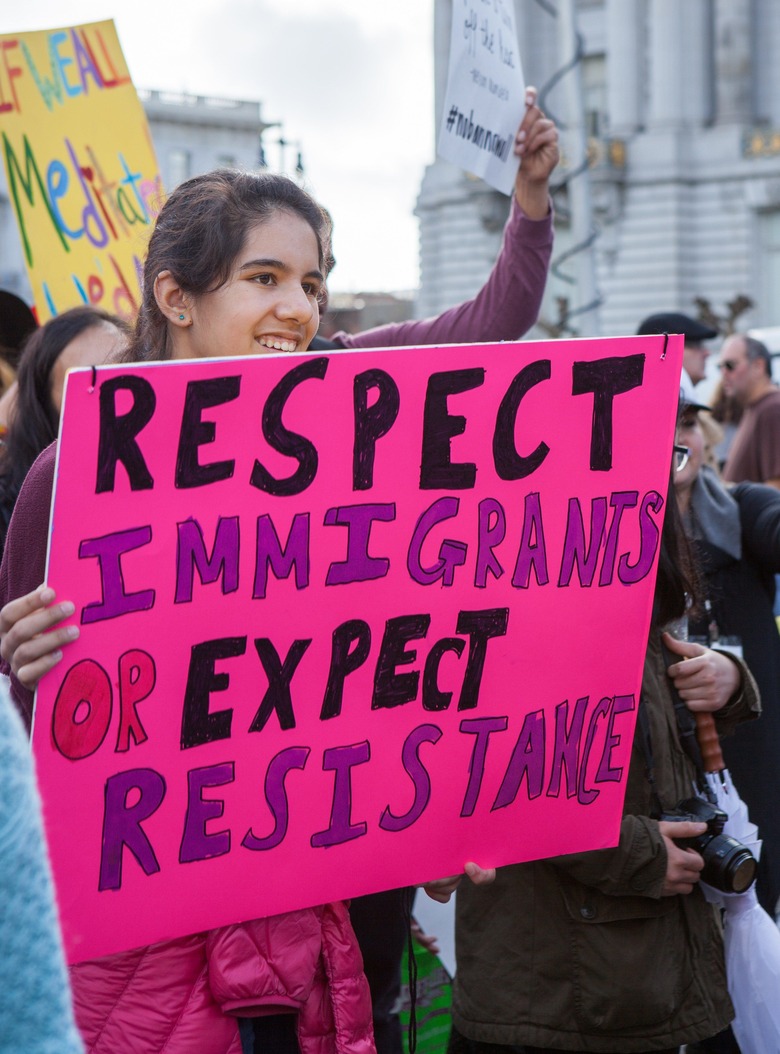Now What? Restaurants Open Again After 'Day Without Immigrants' Protest
Yesterday, hundreds of restaurants around the country closed in solidarity with the Day Without Immigrants movement that sparked protests and job walkouts around the country. We've already highlighted several mom and pop restaurants and fine-dining eateries around the country that closed, but multiple McDonald's locations shuttered for the day as well, in a move that could very well affect the chain's quarterly sales.
"The purpose of the protest is to show just how disruptive immigration changes by the government could impact consumers' everyday life," Darren Tristano, president of Technomic, a research and consulting firm for the food service industry, told CNBC. "For McDonald's franchisees and company stores, it is likely best to close the restaurant versus trying to manage the restaurant with an inadequate service staff. Although many customers will see this is an inconvenience, many will understand."
In large cities around the nation, the absence of immigrants, from more than just the Hispanic community, was greatly felt. In a Pakistani neighborhood in Midwood, Brooklyn, all shops and restaurants were closed and the streets looked like a ghost town, according to the New York Times. Philadelphia's Italian market was deserted, and even a coffee shop inside the Senate in Washington, D.C. was not open, according to the Los Angeles Times.
But now what? Although many restaurant owners shut their doors or only offered limited service in support of their employees, the industry is looking at a full day's loss of profits which could cause financial troubles for smaller restaurants and cafés
Nation's Restaurant News put together a legal guide for restaurant owners and managers on how to handle employees who did not show up to work yesterday. A legal email alert from law firm Fisher Phillips told employers to consult their legal counsel before taking any disciplinary action, give workers a chance to explain, disallow slowdowns, and not "spy on" protesting staff in public with recording equipment.
